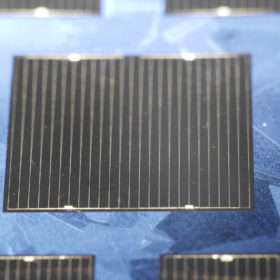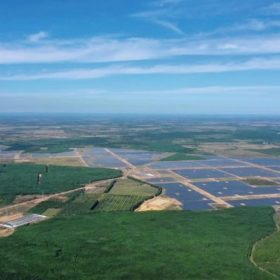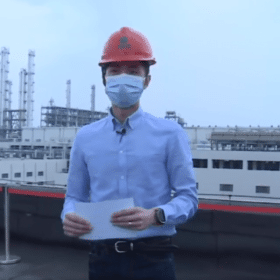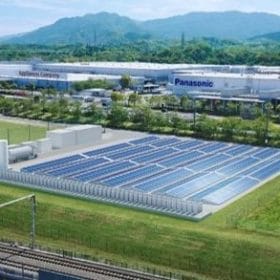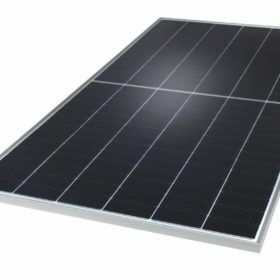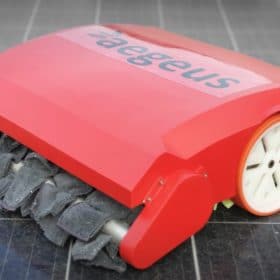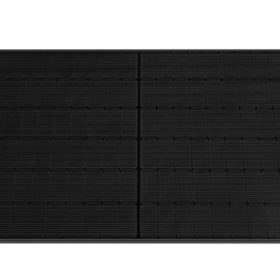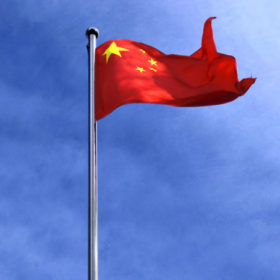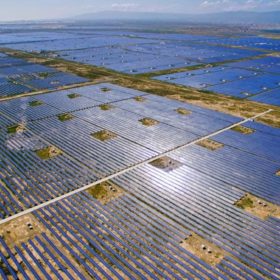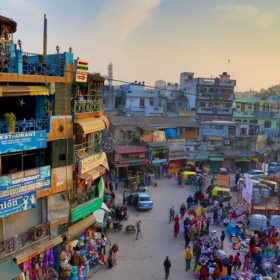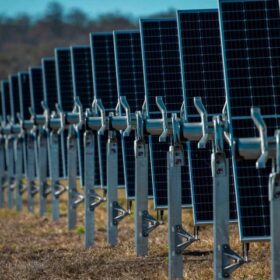Sunday read: Life after PERC
The pursuit of higher conversion efficiencies is an eternal theme in the PV industry. Among all the links in the chain, cell technology is the most fundamental and decisive element. As we look beyond the established PERC technology, whether heterojunction or TOPCon will become the dominant “next-gen” solar cell among China’s manufacturing giants is emerging as a balancing act between incumbent and upstart, reports Vincent Shaw from Shanghai.
Saturday read: Five trends to watch in Southeast Asia
Minh K Le, senior renewables analyst at Rystad Energy, examines five key trends to watch in Southeast Asia utility-scale solar, as mega-scale projects ramp up, Indonesia emerges, and Vietnam steps back.
Global solar supply chain remains under scrutiny
The discussion about the extent to which forced labor exists in the solar value chain continues. A video, a university report, a ministerial response and a parliamentary machinations formed notable developments of the debate last week.
Panasonic combines hydrogen fuel cell generators with PV and storage
The pilot project is combining hydrogen fuel cell generators with a combined capacity of 500 kW with a 570 kW solar array and 1.1 MWh of lithium-ion batteries. It is planned to come online in the spring of 2022.
Q Cells unveils 495 W solar panel with 21.4% efficiency
The Q.Peak Duo XL-G10.3 panel is currently the largest and most powerful product manufactured by the South Korean module maker. It is based on 156 monocrystalline ‘Q.antum’ half cells and is the company’s first panel relying on M6 wafers.
Water-free, portable cleaning bot for rooftop solar
India’s Aegeus Technologies has developed an autonomous, water-free cleaning bot for rooftop solar installations. The bot weighs 5 kg (with battery) and can be operated remotely through a web-based app. It uses an air wash technology to clean the panels, ensuring no need for water or any harmful chemicals.
Panasonic launches 380 W heterojunction solar module compatible with its Evervolt battery
The new module series has a power output ranging from 370 to 380 W, a temperature coefficient of -0.26% per degree Celsius, and an efficiency of up to 21.7%.
Australia-China relations continue to sour
Last week’s announcement by China’s National Development and Reform Commission (NDRC) that it has indefinitely suspended all high-level economic dialogue with Australia indicates Beijing’s increasing willingness to target trade in its dispute with Canberra. With China buying around a third of everything Australia exports on a value basis, the downward spiral in Sino-Australian diplomatic relations is clearly of concern.
Saturday read: New applications see surge in Chinese demand
China’s project development segment is dynamic, to say the least. Having undergone significant changes toward a “subsidy-free” footing, developers are now facing requirements to integrate storage, deploy hybrid arrays, and pursue self consumption through BIPV and agrivoltaics applications, writes Frank Haugwitz, the director of the Asia Europe Clean Energy (Solar) Advisory (AECEA).
Why rooftop solar failed to find its legs in India
Poor and piecemeal implementation of net metering policies is a major roadblock for the uptake of rooftop solar system in India, according to a new report by Asian Development Bank.
